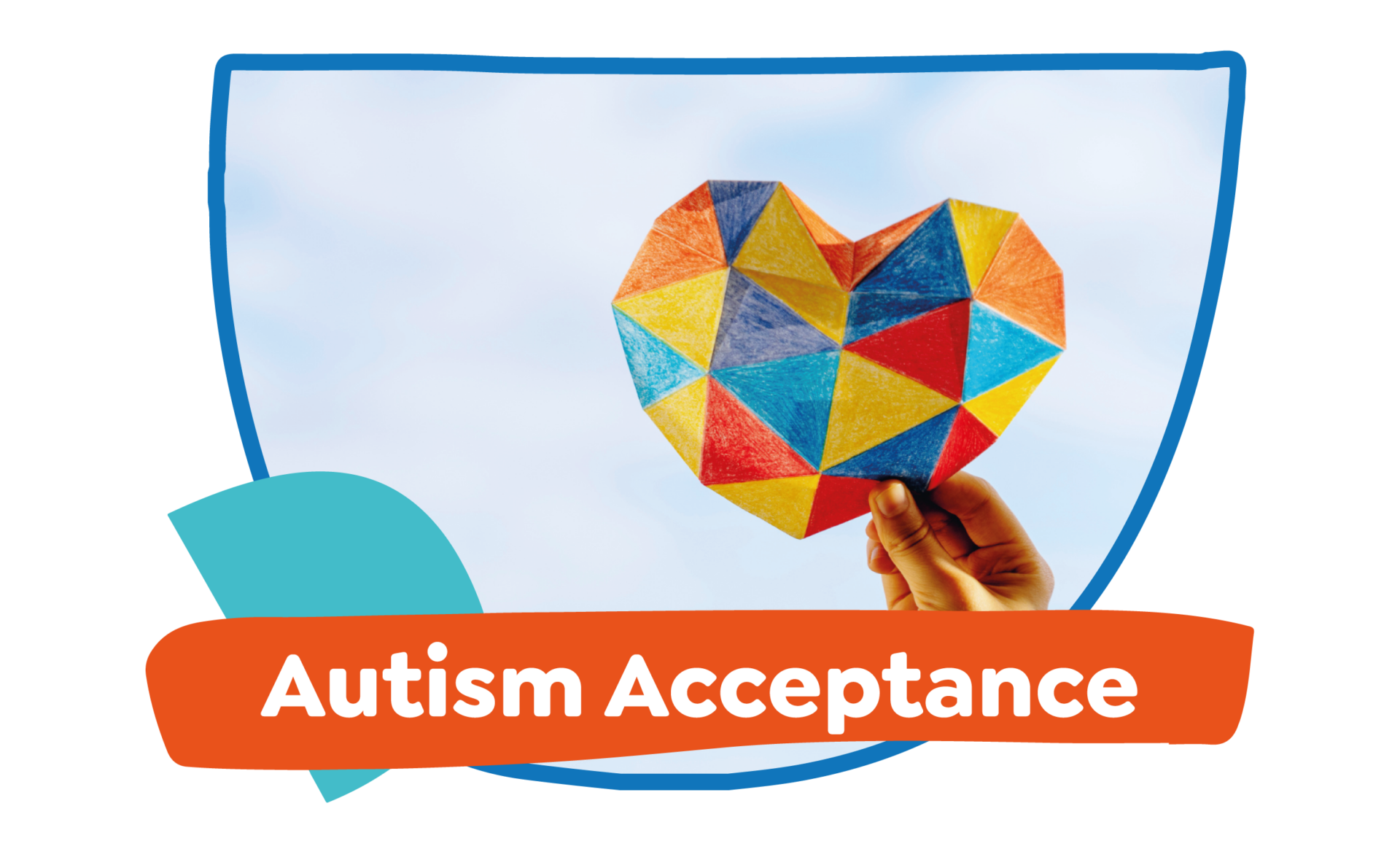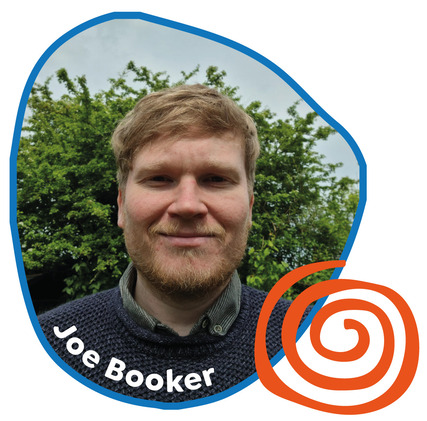
Over the last week we have been celebrating The National Autistic Society’s Autism Acceptance Week, a week where the world comes together to increase acceptance and create a society that works for autistic people.
The National Autistic Society explains the change from their use of ‘Autism Awareness’ to ‘Autism Acceptance’: “We’ve come a long way in the past 60 years and today almost everyone has heard of autism. But far too few people understand what it’s actually like to be autistic – it is more important than ever to focus on the understanding and inclusion of diverse individuals within our communities.
Many of our students here at Seashell are autistic, and we believe ourselves to be leaders in creating inclusive environments and delivering the best support possible. This knowledge and expertise is shared with colleagues across the Trust, as well as individuals and organisations externally through our training and development programmes.

Meet Joe Booker, our Autism Practitioner at Seashell…
“Hello, I’m Joe Booker and I work at Seashell as an Autism Practitioner. My role is very varied and I work between our Health and Wellbeing, Learning and Development, and Sensory services.
I joined Seashell in 2014 as a teacher on the autism course in college. My passion has always been for working with autistic children and young adults and their families to help improve lives day-to-day. I also love being able to share my knowledge of autism with other practitioners, with a focus on the ‘difference not deficit’ model of understanding autism. That is that autistic people have strengths and difficulties, just as neurotypical people do. No state of being is the best; just different. We all benefit from the existence of neurodiversity and the fact should be embraced and celebrated.
I primarily work directly with families and practitioners to deliver training and consultancy. Currently I offer support to help improve sleep and am looking forward to working on a similar project concerning children who have sensory issues around eating.
It is my hope that the more people that we can reach and explain autism to, the better the experience for the autistic community. We focus on how we (as neurotypical people) can change, rather than always expecting the autistic person to adapt to neurotypical ways of being.
During our sleep support a family or, indeed, the young person themselves will set a goal to work towards. Typically this might be something like self-settling at night or going back to sleep after a night-wakening. We see some amazing improvements in sleep which impact positively on every other area of life.
Before Seashell, I studied art at university and ran a project with autistic adults. I loved working together and felt real human connections, different to any I had felt before. Upon completing my degree, I worked at the local specialist education college as a Learning Supporter before moving to Manchester and beginning my teaching qualification. I studied an MEd in autism in adults at Birmingham University and am now in my perfect role!
What I love about my job is the variability and freedom to work on projects that I believe in and that are dear to me.
In my spare time, I like to write and record music, make artworks, and be terrorised by my children!”
Seashell has been Autism Accredited with the National Autistic Society for a number of years and has received ’Advanced Status’ across the Trust. This means that our services are deemed to provide highly creative and very personalised support to enable each autistic person to achieve positive outcomes.

